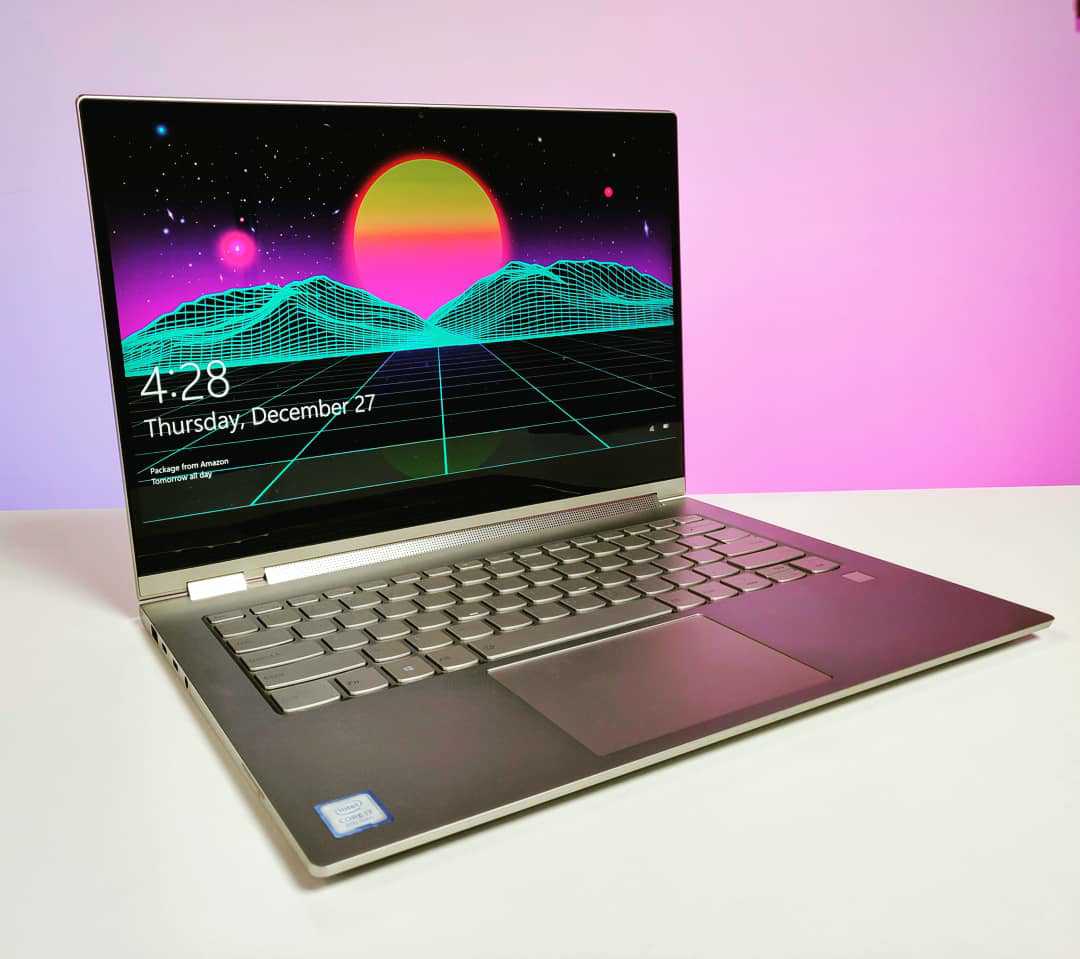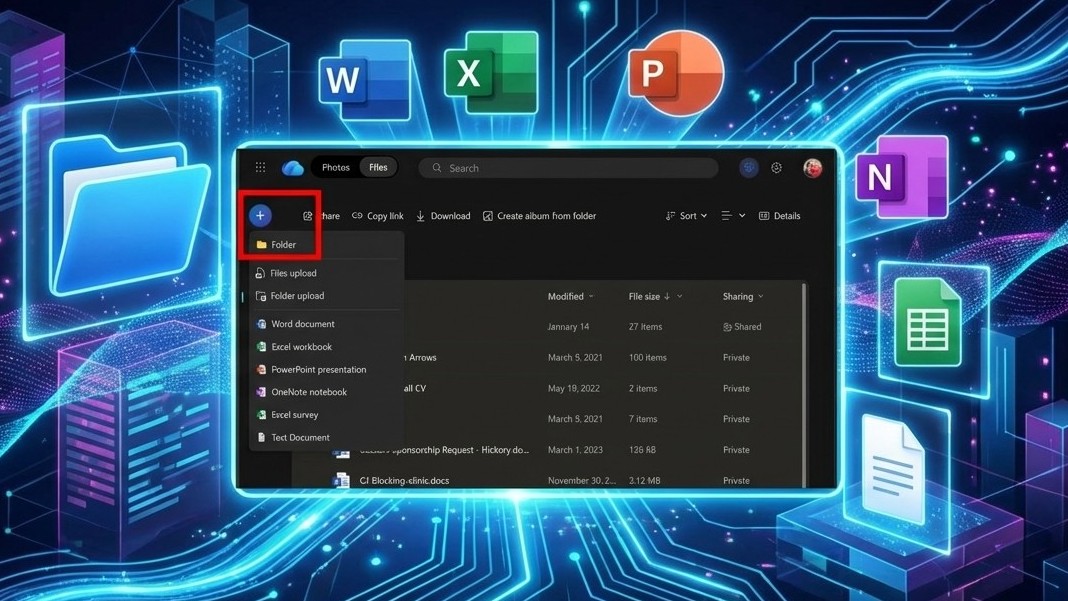Russia passes law requiring all devices to have pre-loaded, Russian made apps from July 2020
Devices that don't comply will be banned...

What you need to know
- Russia has passed a law banning the sale of devices that do not come pre-installed with Russian software.
- The new law will come into force in July 2020.
- It covers smartphones, computers, and televisions.
A report today has revealed that Russia has passed a law banning the sale of technology devices that do not come pre-installed with Russian software.
According to the BBC, the legislation will come into force in July 2020, and covers smartphones, computers and smart TVs. Backers of the legislation say it will help promote Russian technology, and make it easier for Russians to use the tech they buy.
Importantly, the law will not prohibit companies from including their own, normal software:
The law will not mean devices from other countries cannot be sold with their normal software - but Russian "alternatives" will also have to be installed.
A co-author of the bill, Oleg Nikolayev, said:
"When we buy complex electronic devices, they already have individual applications, mostly Western ones, pre-installed on them... naturally, when a person sees them... they might think that there are no domestic alternatives available. And if, alongside pre-installed applications, we will also offer the Russian ones to users, then they will have a right to choose."
Distributors and manufacturers in Russia have criticized the move, claiming that installing Russian-made software on some devices will be impossible and that many international companies may simply leave the market as a result. Perhaps more worryingly, concerns have also been raised that the Russian-made software may be used to spy on its users.
The report notes that the government is yet to compile a list of all devices affected. The list of software that requires pre-installation will also be determined by the government. There are no specifics yet, but as the law covers smartphones and computers, no doubt Apple, Google, Samsung, and HTC could all fall foul of the move, as well as computer manufacturers like Dell and Lenovo.
All the latest news, reviews, and guides for Windows and Xbox diehards.

Stephen is Tom's Hardware's News Editor with almost a decade of industry experience covering technology, having worked at TechRadar, iMore, and even Apple over the years. He has covered the world of consumer tech from nearly every angle, including supply chain rumors, patents and litigation, and more. When he's not at work, he loves reading about history and playing video games.
